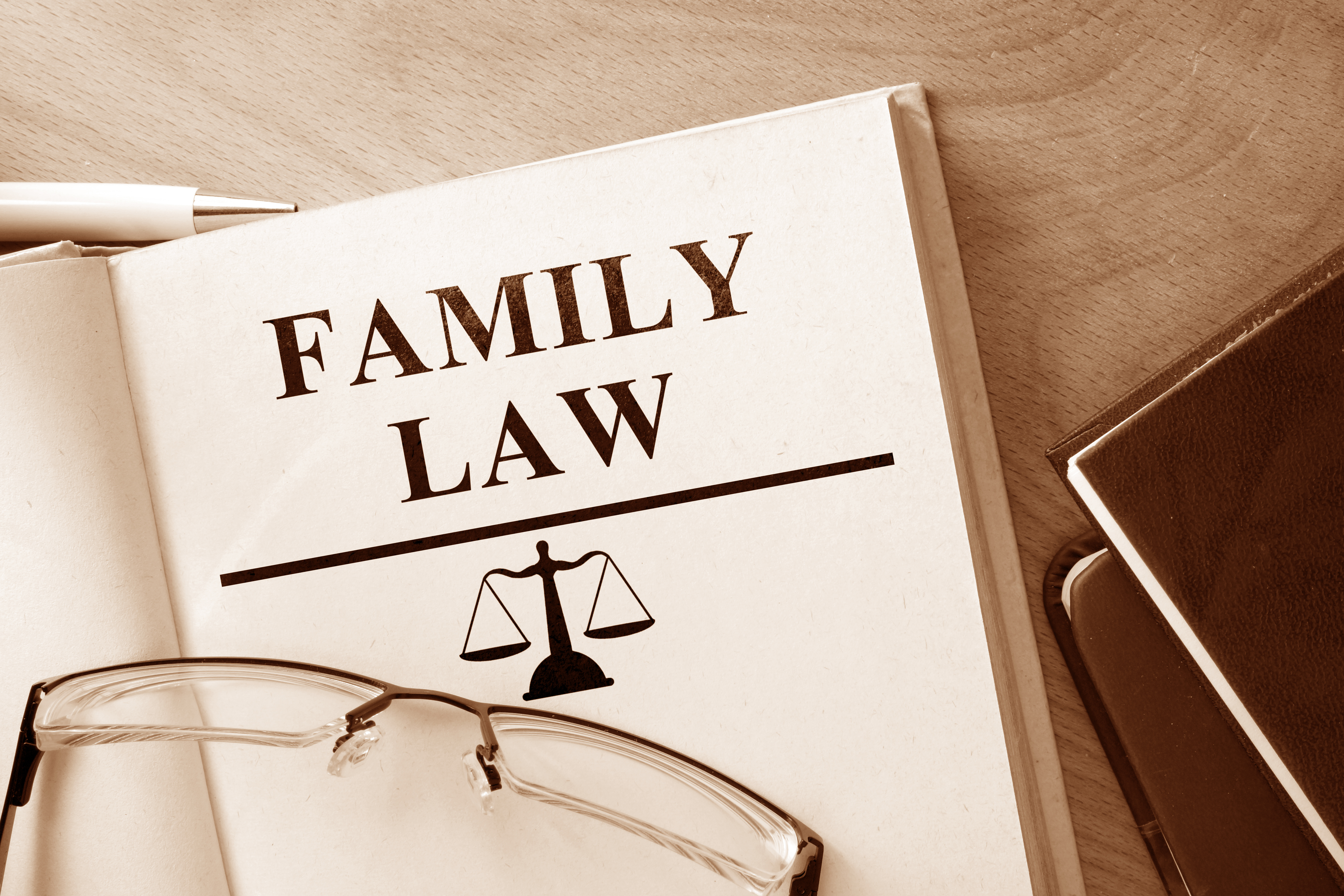Foundations of Law & Society
Wilson, R. F. (2018). Introduction: The contested place of religion in Family Law. In R. F. Wilson (ed.), The contested place of religion in Family Law (pp. 1-13), Cambridge: Cambridge University Press.
‘In both cases [Obergefell vs. Hodges, Burwell vs. Hobby Lobby], the dissenters questioned not only the validity but also the legitimacy of the majority’s reasoning. And so did Americans.’ (Wilson, 2018, p. 1)

Summary
Wilson (2018) has investigated the struggle between equality rights, religious freedom, and states’ role to protect through two case studies: a law vs. religion (Burwell vs. Hobby Lobby) and family law on same-sex marriage (Obergefell vs. Hodges) – which cases also affected the 2016 US elections. Analysing the problems around who can marry and who, to what extent ‘can hold religious claims against society’ (p. 9) lead us to the questioning of security-values over religious freedom, and equality in marriage over the state’s role to protect children. The conclusion is that these laws have evolved with the American community: non-binary minorities have gained voice through their ‘Suffrage’, and the used-to-be State-like Church’s role has moved from the state to the home-level, due to structural changes.
Link to living customary law
Similarly to living customary law – that is constantly evolving within a community –, the American family law (now including same-sex marriage) and the role of religion has evolved with the American community.
Living customary law is often oral, known by the smaller, local community and its members (Bennett, 2008, pp. 138-140). Therefore, it is usually the community who is asked about what the ever-changing living customary law is on specific cases, at one point in time. This oral law is constantly evolving. For example, the case of Mayelane represents how a first wife’s case questioning the second marriage after her husband’s death turned the first wife’s consent into customary law (Classense & Budlender, 2013, p. 89). The way living customary law is changing with the community and its needs, American laws on same-sex marriage and the role of religion also change with the American community.
As women gained their rights through their Suffrage (changing the law on their rights) (Enloe, 1990), so did non-hetero communities through their Pride (again, changing the law on their rights).
Yet, there are different kinds of changes in society that shape law. The case above is societal, originating from a minority’s needs. On the other hand, the new role of religion comes from structural changes: the Church is not equal to the State anymore. The importance of religion has therefore, moved from the state- to the private level. Religion does not affect life beyond family, due to the restructured power-relations of the State and the Church (Wilson, 2018). This is in parallel with how customary law has been shaped by the national- /regional governance’s restructuring, that is trying to formulate unity in law: national governments gained power over local communities and set up official laws, next to the local customary laws (Bennett, 2008; Zenker, 2020).
So, based on these tendencies in different societies throughout history, what is the future? Which minority will be the next to make a societal change that changes the law? How, if at all, can we foresee it?
References
Bennett, T. (2008). Official vs living customary law: dilemmas of description and recognition. In A. Claassens & B. Cousins (eds.), Land, power and custom. Controversies generated by South Africa’s Communal Land Rights Act (pp. 138-153). Cape Town: UCT Press.
Claassens, A., & Budlender, G. (2013). Transformative Constitutionalism and Customary Law. Constitutional Court Review, 6, pp. 75-104.
Enloe, C. (1990). Gender makes the world go round: Where are the women?. In C. Enloe (ed.), Bananas, beaches and bases (pp. 1-36). US, California: University of California Press.
Wilson, R. F. (2018). Introduction: The contested place of religion in Family Law. In R. F. Wilson (ed.), The contested place of religion in Family Law (pp. 1-13), Cambridge: Cambridge University Press.
Zenker, O. (2020). Mind the gaps. Renegotiating South African legal pluralism within the post-apartheid State. In K. Seidel & H. Elliesie (eds.), Normative spaces and legal dynamics in Africa (pp. 151-171). London: Routledge.
Comments
Post a Comment